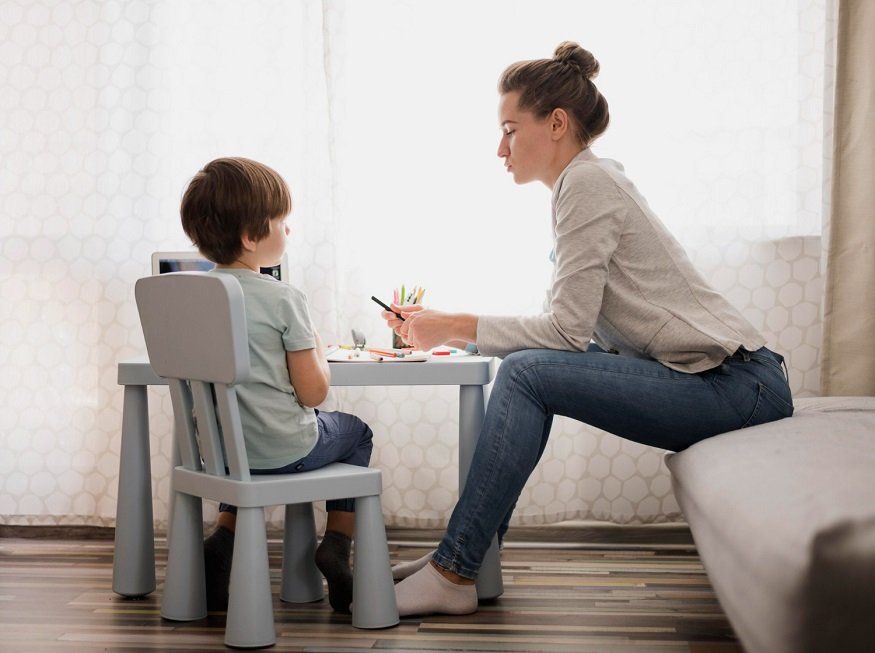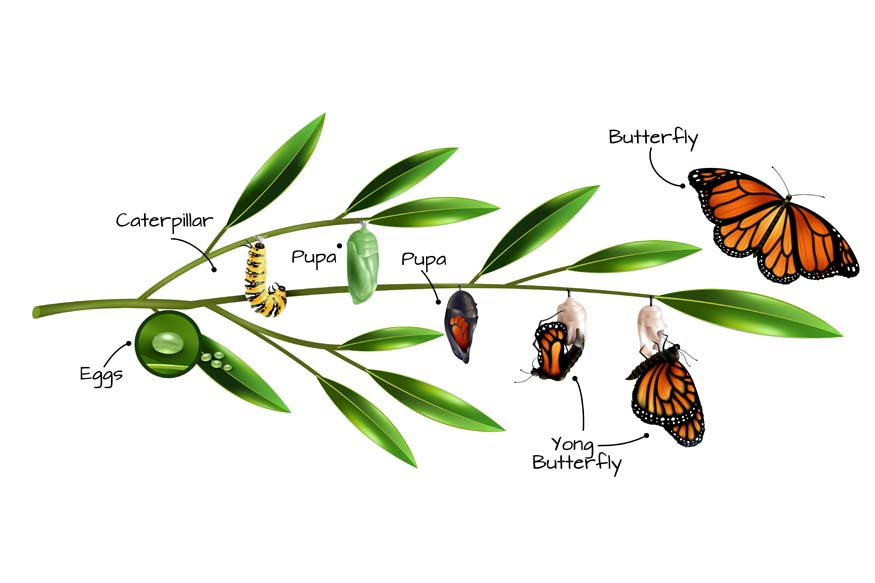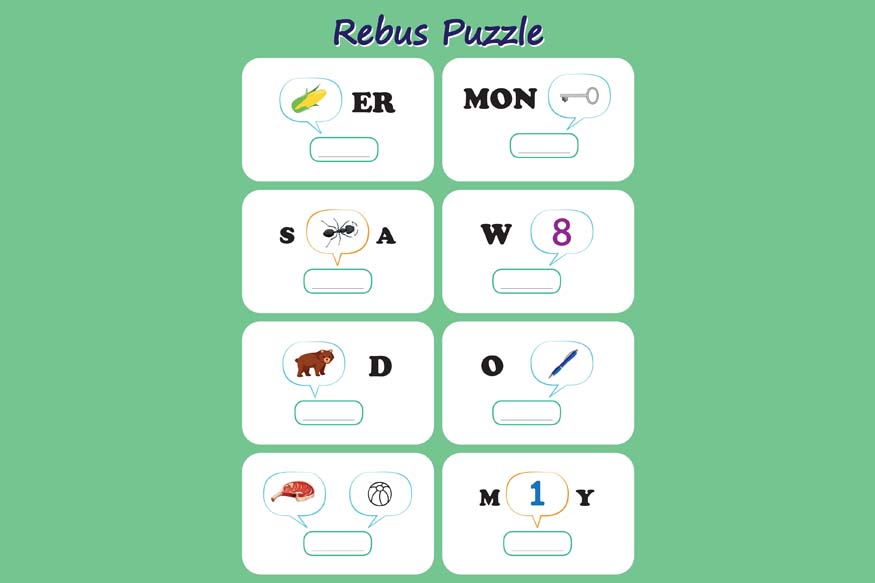The English word ‘discipline’ has been derived from the Latin word, ‘disciplinare’ which means to teach or train. Discipline is a critical aspect of a person’s life and as a parent, you need to be careful in teaching it to your child early on.
The importance of teaching discipline to your child in a smart and healthy way helps them to grow into responsible individuals. Instead of using harsh punishments, you can guide your child effectively with positive methods. By focusing on clear expectations you can help in creating a supportive environment for your child’s overall growth. This approach not only helps in correcting misbehaviour but also teaches valuable life skills and strengthens the parent-child relationship.
Effective discipline techniques
1. Make time for 1-on-1 quality time
Spend dedicated time with your child daily to strengthen your bond and create trust and understanding. Simple activities like reading together, playing a game or even cooking can make a big difference in your bond. This attention helps your child to feel valued and understood and makes them more likely to listen and follow your guidance. One-on-one activities do not have to be elaborate plans. For example, you can take a walk in the park, paint together, narrate a bedtime story, etc. The key is to be present and engaged with your little one. This special time allows you to understand your child’s thoughts and feelings better and in building trust and respect.
2. Praise positive behaviour
Focusing on good behaviour and appreciating them for even the smallest achievements can be very effective in teaching discipline. Instead of always pointing out what your child does wrong, acknowledge when they do something right. This encourages your child to repeat such positive actions. For example, praise them for sharing chocolates, helping with small chores or showing other acts of kindness to others. Your applause for their actions can be verbal with statements such as “Great job for cleaning your room!” or non-verbal, like giving a thumbs-up or a hug. Over time, your child will associate good behaviour with positive feelings and will naturally put effort into behaving well.
3. Set realistic expectations
Children need to know what is expected of them. Be clear about the behaviour you want to see in them. Instead of saying “behave”, you can start saying, “please put your shoes away”. Clear instructions help children understand what they are expected to do.
It is also important to explain why certain behaviours are expected from them. For example, “We put our shoes away to keep the house tidy and to make it easier to find them later”. This will help your child understand the reasons and encourage your little one to follow them willingly.
4. Use distraction techniques
When your child starts to misbehave, the best way is to distract them with a different activity. You can try and introduce a new game, topic or task to divert their attention from negative behaviour. This discipline technique works well with children who sometimes act out due to boredom or frustration. If your child is about to throw a tantrum because they cannot have a toy, you can distract them with a fun game. Distraction can help your child learn how to shift focus from negative emotions and turn them into positive actions.
5. Give consequences
When teaching discipline to your kid, it is important to stay calm. Explain the consequences of their actions and follow through if necessary. For example, if your child refuses to stop a certain bad behaviour, you can calmly explain that they will lose a privilege, such as screen time. Consistent and calm consequences help children understand the impact of their wrong actions.
It teaches responsibility and the idea that their actions can lead to consequences. Always ensure that consequences are fair and not too harsh.
6. Be consistent
Consistency is crucial in teaching discipline. This helps in maintaining the same expectations and responses to behaviours, regardless of circumstances. If your child’s bedtime is at 9 PM on weekdays, it should remain the same even on weekends. Consistent rules help children understand what is expected of them.
In addition to consistency, it is important to be consistent in your reactions. Children need to know that misbehaviour will always result in consequences and that good behaviour will always be appreciated. This approach helps them feel secure and understand the importance of following rules.
Managing stress while teaching discipline to your child
Parenting can become a little stressful at times, but it is important to manage your reactions. If you feel overwhelmed, take a deep breath before addressing your child’s behaviour. Ensuring you are calm helps you handle the situation better.
Stress management techniques, such as meditation or even a quick walk outside can help you maintain your calm. When you have a peaceful mindset, you can think more clearly and respond more effectively to your child’s needs. Here are some ways in which you can manage stress better while teaching discipline to your child –
1. Recognise your efforts
As a parent, it is important to acknowledge your efforts. Reflect on what you have done well and give yourself credit. This positive attitude can boost your confidence as a parent and create a positive spirit. Taking time to recognise your successes, no matter how small, can provide motivation and a sense of accomplishment.
2. Stay mindful of your own needs and reactions
Parenting can be hard. It is crucial to take care of your well-being by taking time out for yourself and doing things that you truly enjoy. In case, you are having a bad day, ensure your child is in safe hands while you take some to calm down by engaging in your favourite hobby.
3. Focus on the good things in life
Take time out to divert your attention from negative emotions and focus on the good things in your life. Look for pleasant social interactions, pay attention to your child’s happiness and seize opportunities to show kindness to people around you. Reflect on happy memories, read inspiring stories, share jokes and be grateful for the life you have.
Teaching discipline through smart and healthy methods prepares children for a successful and fulfilling future. At Centre Point School, we prioritise creating a supportive environment that fosters empathy, respect and self-discipline. We guide students towards responsible behaviour according to their age group. Centre Point School’s approach ensures that children not only understand the importance of discipline but also develop essential life skills and strong moral values.





